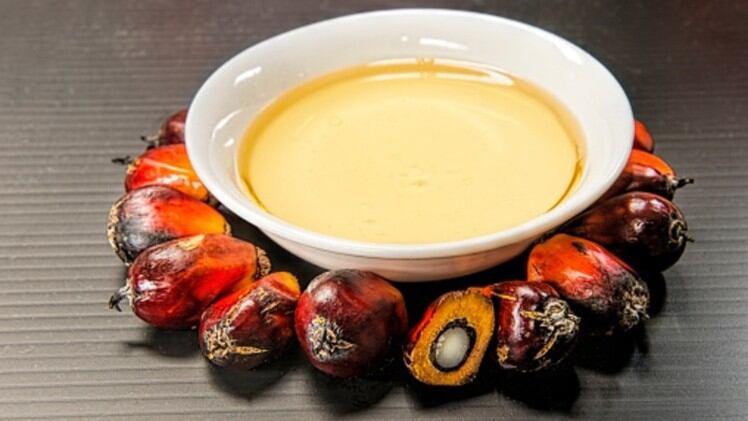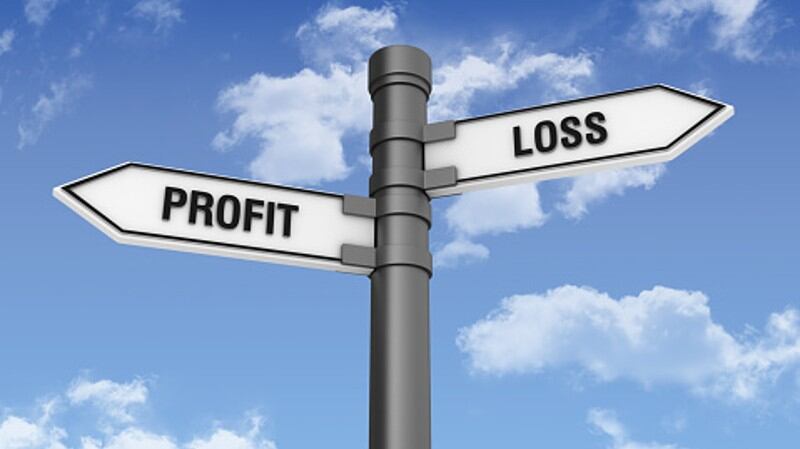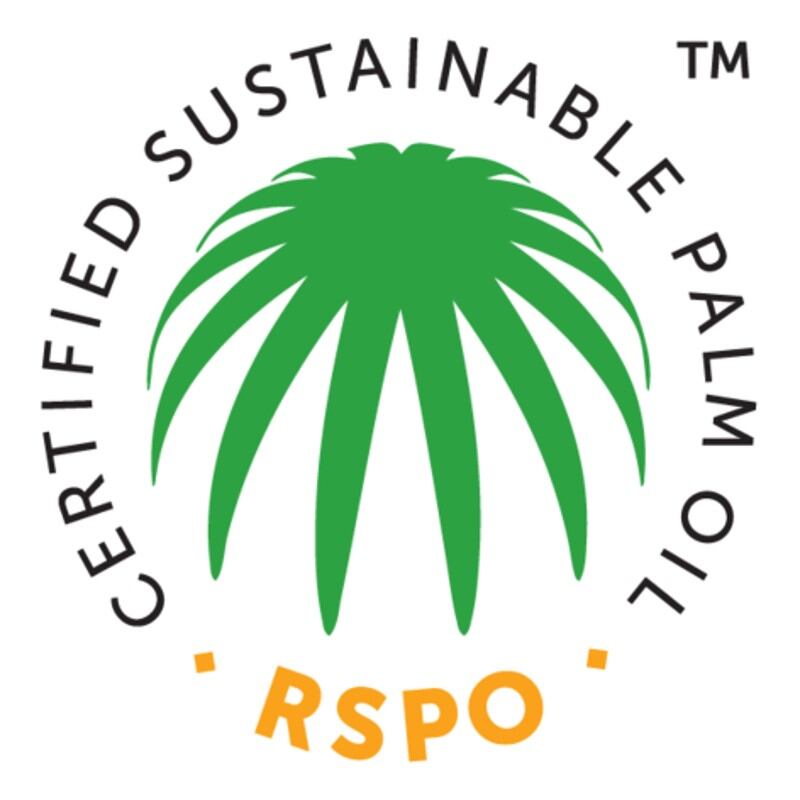The European Union (EU) parliament approved its long-debated deforestation regulation last year, and has not budged on its position despite long-time opposition from many producer countries worldwide, especially palm oil producing nations such as Malaysia and Indonesia in the ASEAN region.
Previously the two palm oil heavyweights had been less consistent in their approach opposing the deforestation regulation, but given the recent developments as well as Malaysia’s change of government, much stronger co-operation appears to be on the cards.
Most prominently, the governments of both nations have recently mentioned considering simply cutting off palm oil trade with the EU, given its strong negativity to the commodity.
“[One] option will be to stop exporting to Europe, and focus on other countries, if they keep making it difficult for us,” Malaysian Minister of Plantation and Commodities and Deputy Prime Minister Datuk Seri Fadillah Yusof told the floor at a recent palm oil event.
“Palm oil is considered the cheapest available oil, and the EU's constantly changing goalposts [are giving the impression of being a] trade barrier to protect their products.
“This is where the World Trade Organization [should] have to come in to make sure such unfair trade restrictions could be removed.”
This sentiment was echoed by Indonesian Coordinating Minister for the Economy Airlangga Hartarto at a local press conference.
“The EU is being ambivalent and showing two attitudes when it comes to palm oil – they’re trying to make things difficult in trade for it, but when Indonesia stopped palm oil exports they also [had complaints] as they need this commodity,” he said.
“Indonesia probably should not have anything to do with palm oil trading with the EU.”
Industry experts say that the negative emotions ASEAN nations are feeling with regard to the entire issue are clear to see, with this issue having been a core point of contention in the trade relations between both regions over the past few years.
“Southeast Asian anger and frustration towards Brussels is growing,” palm oil industry expert Khalil Hegarty told FoodNavigator-Asia.
“[And amidst all of this], further trade disruptions to exports from Malaysia and Indonesia could prove detrimental to EU businesses and consumers [with] vegetable oil prices still high [including] sunflower oil due to the Russia-Ukraine conflict.
“[This is] driving up food prices and adding to inflation levels [and even] European companies that have had ‘no palm oil’ marketing strategies [have had] to switch to palm.
“Import restrictions like the Deforestation Regulation and any additional export restrictions from ASEAN mean European businesses will struggle keep costs down and consumers face price hikes.”
EU consumers the ones to suffer?
We reported about a potential trade war over palm oil treatment by the EU as far back as 2021, when the deforestation regulation was still being debated and long before its actual approval by the EU parliament, and it appears that things may be about to come to a head, with consumers there the ones to bear the brunt.
“There have been arguments that consumers in the EU could just make the switch to other oils, but this is not as straightforward as it is on paper,” Hegarty added.
“Considering sunflower oil for example, [the shortage due to the Russia-Ukraine conflict aside] prices tend to track one another so a palm price rise will prompt a rise in sunflower oils – as well as other oils – so this will still flow through to consumers across the board.
“We’ve also all just seen what happens when the vegetable oil supply chain is disrupted. It doesn’t feel like EU policymakers are remotely sensitive to that.”
Indeed, if palm oil exports to the EU end up being halted completely in retaliation, the most likely group to suffer will be EU consumers as it is apparent that the region – and indeed the rest of the world – has yet to find a suitable alternative vegetable oil especially when considered in the context of industrial food applications.





